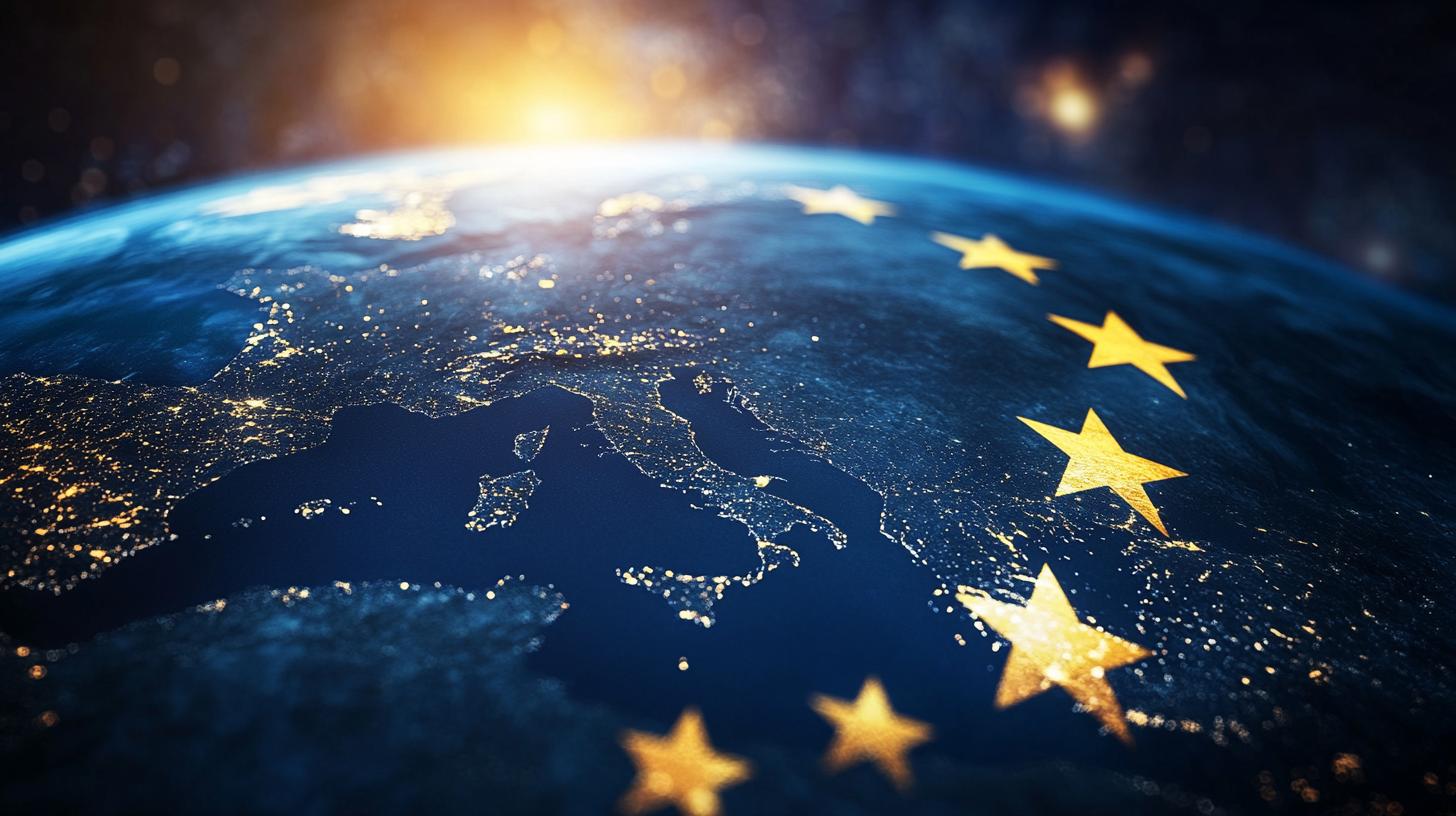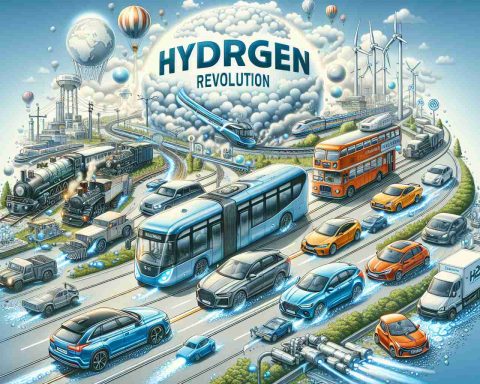December 1, 2024
In a bold stride towards securing energy independence and sustainability, the European Union has unveiled plans to significantly boost its hydrogen infrastructure and production. Strategically focusing on infrastructure design with European engineering, this move promises to reshape the continent’s energy landscape. Under Ursula von der Leyen’s leadership, the European Commission is set to spearhead this transformation.
Investment in hydrogen is on the rise, projected to surge by 140% in 2024. Europe is poised to lead globally, with forecasts indicating that the continent will account for nearly one-third of global electrolyzer investments. This aggressive push comes alongside a €1.2 billion funding initiative through a new hydrogen auction, a testament to the region’s commitment to future-proofing its energy industry.
A recent study underscored the importance of effective communication in fostering public acceptance of hydrogen projects. The research, undertaken by the University of Applied Sciences Weihenstephan-Triesdorf, emphasized that while information dissemination positively impacts public perception, consultation could have unintended negative consequences. Thus, developing structured communication guidelines could be key to sustaining public trust.
Meanwhile, BASF has made significant strides in catalyst research with their new laboratory in Hannover, Germany. This facility aims to revolutionize water electrolysis by creating low-iridium catalysts, potentially slashing costs and enhancing the economic viability of green hydrogen.
Additionally, in a move of strategic regional collaboration, Desfa and several transmission operators from Eastern Europe plan to establish a hydrogen network bridging Greece and Germany. This initiative symbolizes a cooperative spirit and a shared vision for a greener continent.
Lastly, regulatory advancements continue as UL Solutions certifies Ohmium International’s industrial hydrogen generators, marking a milestone for safety standards in hydrogen production technology.
The Hydrogen Revolution: Unveiling Hidden Impacts and Controversies on Society
As Europe Charges Ahead with Hydrogen, What Does This Mean for the Global Community?
Europe’s ambitious push to supercharge its hydrogen infrastructure is not just an audacious step towards sustainable energy but also a venture with profound ripple effects worldwide. With Europe leading the charge in hydrogen production and infrastructure, there are important yet under-discussed implications for individuals, communities, and countries globally.
1. A New Energy Superpower: How Europe’s Hydrogen Dominance Affects the World
Europe’s investment in hydrogen is set to reshape the global energy market. As Europe’s hydrogen infrastructure expands, it could potentially reduce dependency on traditional energy sources, such as oil and natural gas. This raises questions about geopolitical shifts: Will Europe’s advancement in hydrogen technology diminish the influence of oil-rich countries? Will traditional energy-exporting countries pivot towards greener solutions, or face economic consequences?
2. Jobs of the Future: Expanding the Workforce in the Hydrogen Sector
The hydrogen transformation requires a new breed of professionals skilled in cutting-edge technologies and sustainable practices. As Europe invests heavily in hydrogen, the demand for specialized engineers, technicians, and scientists will surge. How will educational systems adapt to prepare a workforce ready to tackle the challenges of a hydrogen-driven economy?
In regions like Eastern Europe, where collaborative projects such as the hydrogen network linking Greece and Germany are underway, local economies may see a boost as jobs are created to support infrastructure development. However, there might also be a displacement of jobs from traditional energy sectors, leading to economic instability unless proper transitional measures are implemented.
3. Environmental Controversies: Is Hydrogen Truly Green?
Hydrogen is often hailed as a clean energy source, but its environmental benefits heavily depend on production methods. “Green hydrogen,” generated via water electrolysis powered by renewable energy, holds the promise of carbon neutrality. However, producing “grey” or “blue” hydrogen, derived from fossil fuels, could counteract emissions reductions. With facilities like BASF’s new lab in Hannover aiming to cut production costs, the question remains: Will the cost-saving measures compromise the ecological integrity of hydrogen projects?
4. Infrastructure and Public Sentiment: Navigating the Communication Gap
Public perception and acceptance remain pivotal in the deployment of new technologies. The University of Applied Sciences Weihenstephan-Triesdorf’s research highlights the necessity of effective communication strategies. As countries embark on developing hydrogen infrastructures, they face the challenge of educating and engaging the public without sparking opposition. What are the best practices for transparent and constructive stakeholder dialogues to ensure smooth implementation of hydrogen initiatives?
5. A Safety Blueprint: Meeting Regulatory Challenges
With technological advancements such as UL Solutions’ certification of Ohmium International’s hydrogen generators, setting robust safety standards is imperative. As Europe leads the way, it sets a precedent for global hydrogen safety regulations. How will international regulatory bodies adopt and adapt these standards to ensure widespread safe usage?
Europe’s hydrogen ambitions bear significant implications for individuals and nations. While the promise of a sustainable energy future is bright, the path forward will require navigating complex socio-economic and environmental landscapes. For more insights into energy evolution, explore the latest at Reuters and Bloomberg.














